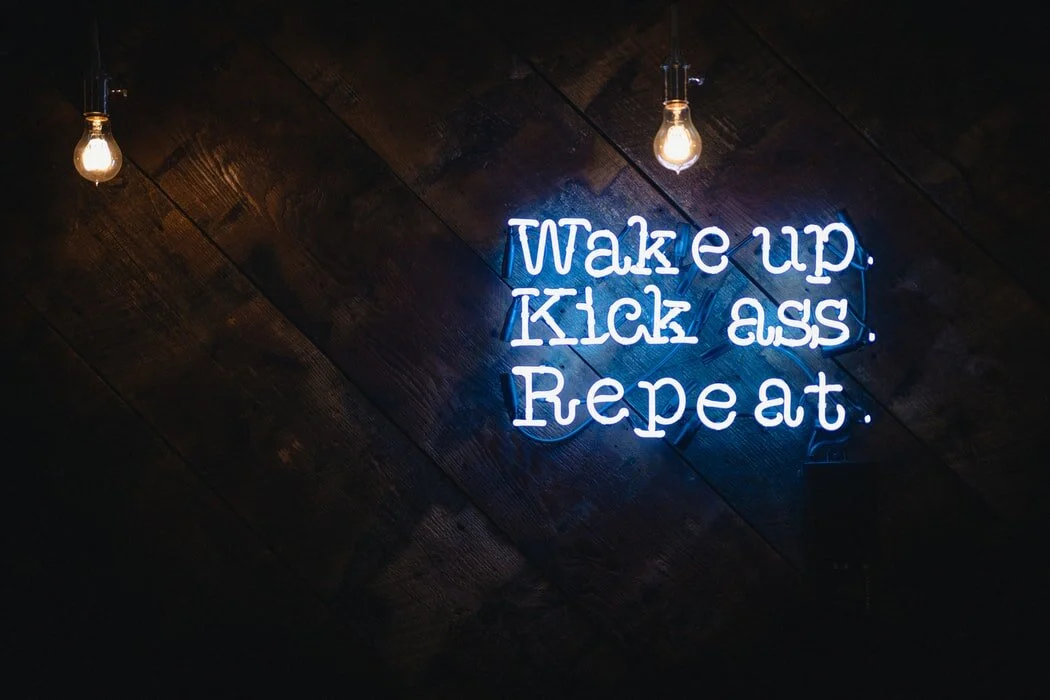How an Equipment Trailer Supports Small, Women-Owned Businesses
Starting or expanding a small business often means doing more with less. For many women-owned businesses, that includes finding ways to handle logistics without over-relying on third-party services. Transporting tools, materials, or finished products between job sites, events, or customers becomes a regular part of operations. An equipment trailer can make that easier, faster, and more cost-effective.
The Function of Equipment Trailers in Daily Operations
Equipment trailers offer a way to move supplies, gear, or machinery without needing to rent or rely on someone else's schedule. If you're looking through equipment trailers for sale, it's probably because you need something that fits your specific day-to-day demands. A custom cake artist might need to bring pop-up booth materials and refrigeration units to markets. A contractor might haul a compact cement mixer, a generator, and various tools. A landscape designer might load up wheelbarrows, plants, and a skid steer.
The value lies in having the right setup for what you're transporting. Not every trailer suits every job. Some come with higher side rails; others prioritize a low deck height for easier loading. Each business has to figure out what they move most and how often, then match it with a trailer that supports those tasks.
Saving Time and Increasing Control
Being able to move your own materials saves time. You're not waiting on a freight service window or coordinating with a subcontractor's availability. You get to load, tow, and arrive on your own schedule. This can open up more appointments, more flexibility, and faster job turnaround.
Let's say you run a mobile pet grooming service. Without a trailer, you need to retrofit an entire van. But with a utility trailer, you can set up a lightweight mobile unit and tow it behind your everyday vehicle. That cuts costs and keeps maintenance manageable. You're also in control of how things are packed, secured, and stored between appointments.
Adapting to Seasonal or One-Off Projects
Small business owners often take on work that shifts with the season. A holiday vendor might need to set up booths at multiple events across different towns. A farmer who sells produce direct to consumers might haul goods weekly to a city market. Having a trailer means you can adapt. You don't have to turn down work just because the logistics are complicated.
Tilt trailers, for example, are ideal for those loading equipment solo. A business owner using a power washer or heavy mower can use the tilting bed to roll gear on and off without lifting or needing extra help. That's especially useful if the crew is just you and maybe one other person.
Matching the Trailer to Your Tools and Machines
The wrong trailer can slow you down, or worse, damage your equipment. Heavy machinery, like a compact excavator or skid steer, needs a trailer built for high load capacity. Flatbed trailers are often used in this case because they offer a wide platform without side panels, letting you haul irregularly shaped machines or bundles of material.
You'll also need to factor in the load angle and loading ramps. A steeper angle makes it harder to drive or roll equipment onto the deck. If you're using wheeled machinery like a small loader or car hauler, the easier the angle, the safer the job. Pay attention to weight ratings and axle strength. Pushing a trailer past its limits can affect braking, steering, and fuel use.
Pairing With the Right Vehicle
Your trailer is only as useful as what you can tow it with. Matching the trailer to your towing vehicle matters for safety and performance. A trailer that's too heavy for your vehicle can reduce control, put stress on your brakes, or make climbing hills inefficient. Most owners will work within the limits of a pickup truck or SUV. If you're already using your vehicle for work, check its tow rating before deciding on a trailer model.
This is especially relevant if your business involves delivering goods or services across several locations a day. A flower shop offering custom installations, for instance, might load vases, hardware, stepladders, and materials into a trailer while the van stays free for display items and team members.
Supporting Growth Without High Overhead
Buying a trailer adds convenience and serves as a long-term asset. It lets you operate without needing to lease additional warehouse space or rent a delivery service. If you invest once, you get years of use, with only minor upkeep and registration fees to think about later.
Let's say you run a food truck business. You might use a flatbed trailer to haul equipment, cooking appliances, or storage units between locations without paying for transport services. Handling the gear yourself lowers the chance of damage and gives you more control over setup and teardown. After an event, you can restock supplies or pick up bulk ingredients without needing a separate trip. These small adjustments add up and help keep operating costs down.
Final Thoughts
An equipment trailer doesn't solve every problem, but it does give you options. For women running small businesses, that flexibility matters. You don't have to wait for a delivery window. You don't have to rely on external help for every job. You can haul your own gear, stay on schedule, and take on new opportunities as they come.
The trailer you use depends on what you do and how often you do it. A utility trailer works well for tools, while a car hauler suits those transporting showpieces. Pay close attention to load capacity, ramp design, deck style, and how your towing vehicle handles the weight. The right setup makes the job smoother, not harder.




